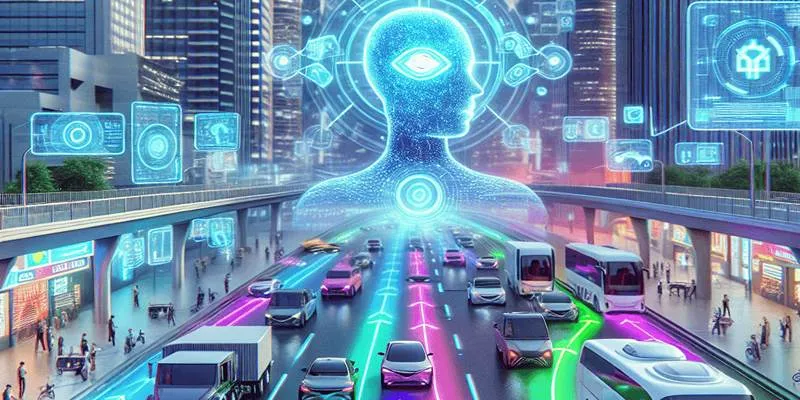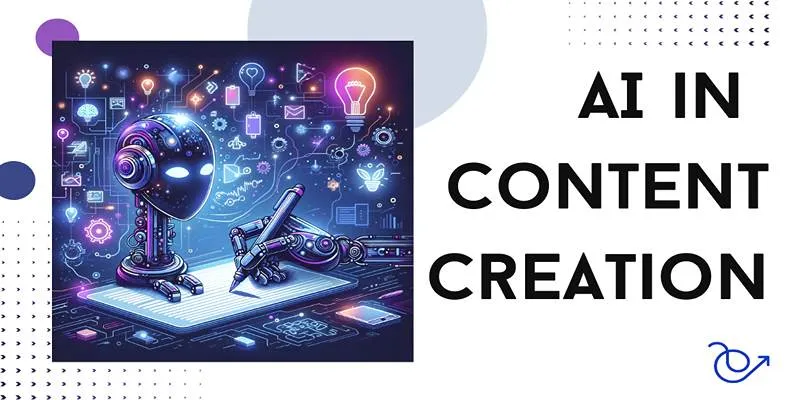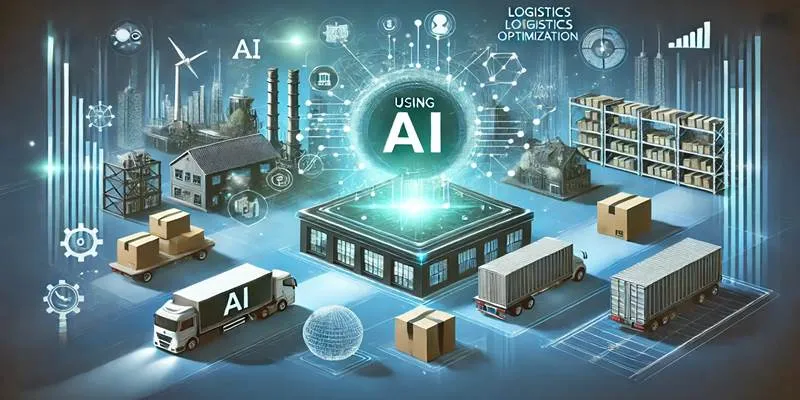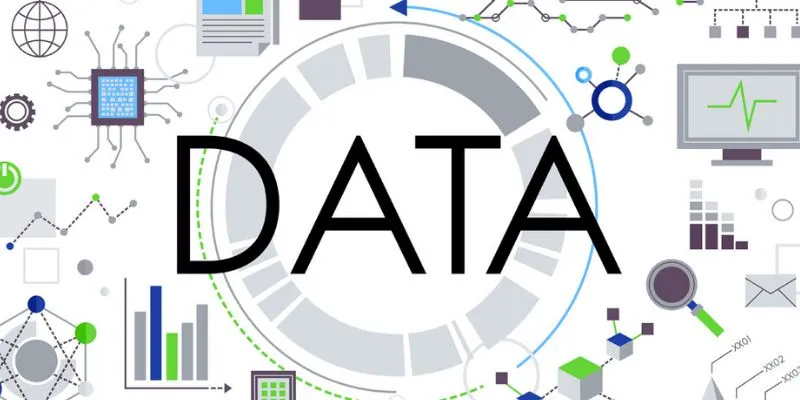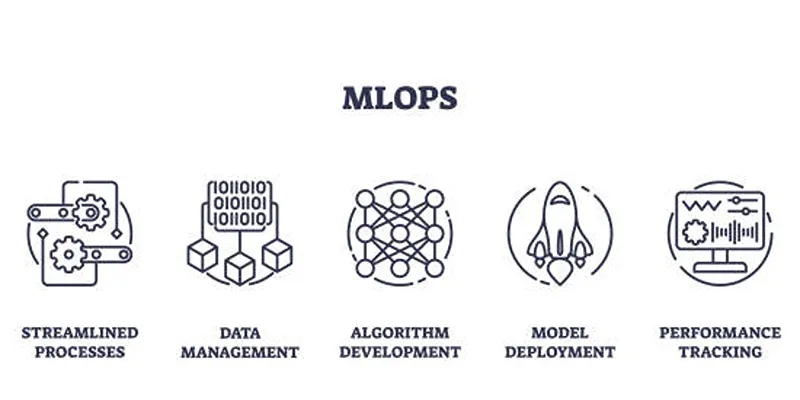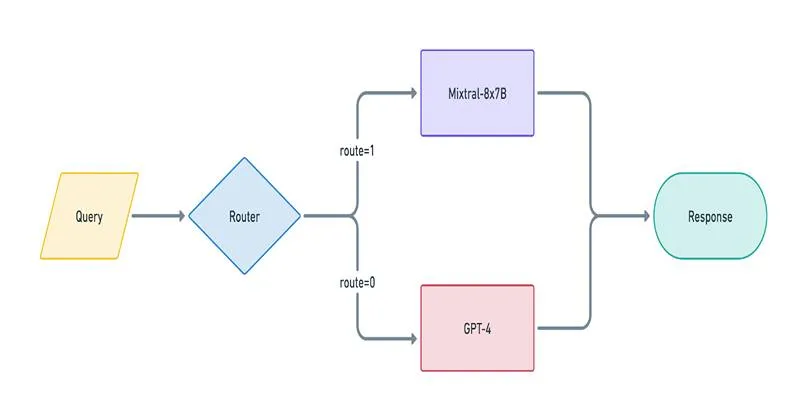Waste management plays a vital role in maintaining environmental sustainability. However, traditional methods of waste collection, sorting, and disposal have struggled to keep pace with the increasing global waste production. The integration of Artificial Intelligence (AI) in waste management is transforming this landscape, making recycling and disposal more efficient, cost-effective, and environmentally friendly.
AI-driven solutions are optimizing the entire waste management process , from smart sorting systems to predictive analytics for waste collection. These advancements make recycling more effective, reduce landfill dependency, and foster a more circular economy.
How AI is Optimizing Waste Management
AI significantly enhances waste management through robotics, automation, and data-driven decision-making. AI technology helps waste management companies and cities to increase recycling, reduce landfill waste, and expedite the disposal process.
Key AI applications in waste management include:
- Automated Waste Sorting – AI-powered machines identify and separate different types of waste.
- Smart Waste Bins – Sensors detect waste levels and optimize collection schedules.
- Predictive Analytics – AI forecasts waste generation to enhance management methods.
- Robotics in Recycling Plants – AI-guided robots efficiently sort recyclables.
- Waste Tracking and Monitoring – AI ensures compliance with waste disposal regulations.
These applications facilitate easier waste management, maintain cleanliness, and encourage recycling, benefiting both businesses and the environment.
AI in Recycling: Enhancing Efficiency and Accuracy
AI-Powered Waste Sorting
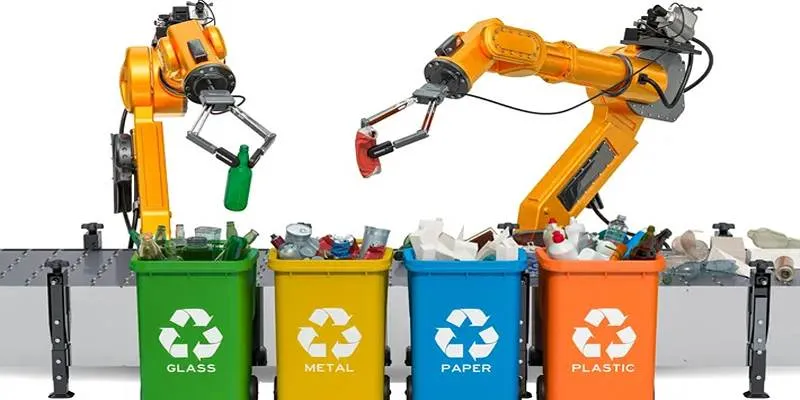
Effective sorting is one of the most challenging aspects of recycling. Mixing different waste types reduces recycling efficiency, often leading to discarded materials instead of reusing them. AI-powered sorting systems utilize computer vision and machine learning to improve waste separation.
- Cameras and sensors driven by AI identify metals, plastics, glass, and paper within waste.
- Smart sorting systems categorize materials and direct them to appropriate recycling bins.
- This reduces contamination, ensuring higher-quality recycled products.
By improving sorting efficiency, AI reduces landfill waste volume and maximizes the recovery of recyclable materials.
Robotics in Recycling Plants
Recycling plants increasingly employ AI-powered robotic arms to enhance sorting processes. These robots can identify and pick up various waste types faster than humans.
- AI-enabled robots recognize different materials using deep learning algorithms.
- They operate at high speeds, increasing efficiency and reducing labor costs.
- Robotics enhances workplace safety by minimizing manual waste handling.
The integration of robotics in recycling plants helps industries process waste more efficiently, minimizing operational costs and improving recycling accuracy.
Predictive Waste Management
AI-powered predictive analytics enable businesses and municipalities to manage waste proactively rather than reactively. By analyzing historical data and current waste trends, AI can predict future waste generation and optimize collection schedules.
- AI forecasts peak waste production periods, preventing collection delays.
- It reduces unnecessary pickups, lowering fuel costs and carbon emissions.
- Municipalities can optimize waste management strategies, preventing landfill overflow.
Implementing predictive analytics makes waste management systems more data- driven and responsive, leading to improved sustainability practices.
AI in Waste Disposal: Smarter and Greener Solutions
Smart Waste Bins
AI-powered smart bins are designed to enhance waste disposal efficiency and environmental friendliness. These bins use sensors and IoT technology to monitor waste levels in real-time and optimize waste collection processes.
- Smart bins alert waste management teams when they are full, preventing overflow.
- They optimize collection schedules, reducing unnecessary fuel consumption.
- AI-powered sorting bins educate users on proper waste disposal, improving recycling efforts.
AI for Sustainable Landfill Management
Landfills are major contributors to greenhouse gas emissions and environmental degradation. AI optimizes landfill operations by improving waste breakdown processes and monitoring environmental impact.
- AI predicts optimal landfill management strategies to reduce methane emissions.
- Sensors powered by AI detect harmful gases and alert authorities for timely intervention.
- Machine learning models assist in designing efficient landfill layouts to maximize space utilization.
AI-driven landfill management mitigates environmental damage and extends the lifespan of existing waste disposal sites.
AI-Powered Waste-to-Energy Solutions
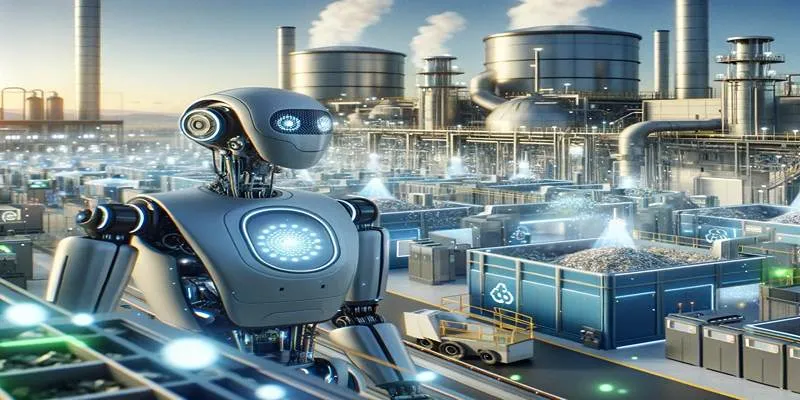
AI also significantly contributes to waste-to-energy initiatives, where waste is converted into usable energy. Advanced AI algorithms optimize waste incineration and biogas production to maximize energy output while minimizing emissions.
- AI determines the best methods for converting waste into energy.
- It ensures efficient combustion of waste materials, reducing toxic emissions.
- AI enhances biofuel production efficiency by analyzing waste composition.
AI-powered waste-to-energy solutions enable waste management systems to contribute to sustainable energy production while reducing landfill dependency.
Challenges in Implementing AI in Waste Management
Despite its numerous benefits, implementing AI in waste management presents several challenges:
- High Initial Costs – Deploying AI-powered waste management systems requires significant investment in technology and infrastructure.
- Data Collection and Management – AI systems require large data volumes to function effectively, necessitating efficient data handling solutions.
- Public Awareness and Participation – Engaging the public with AI-powered waste systems is essential for success.
Overcoming these challenges will require strong collaboration between governments, businesses, and technology providers to effectively scale AI solutions in waste management.
Conclusion
AI is revolutionizing waste management by enhancing recycling, optimizing disposal methods, and reducing environmental impact. From automated waste sorting systems to predictive analytics and waste-to-energy solutions, AI is making waste management smarter, cleaner, and more sustainable. Despite challenges such as high costs and the need for advanced infrastructure, AI- driven waste management solutions offer immense potential in building a future with less pollution, higher recycling efficiency, and smarter waste disposal practices.
 zfn9
zfn9




